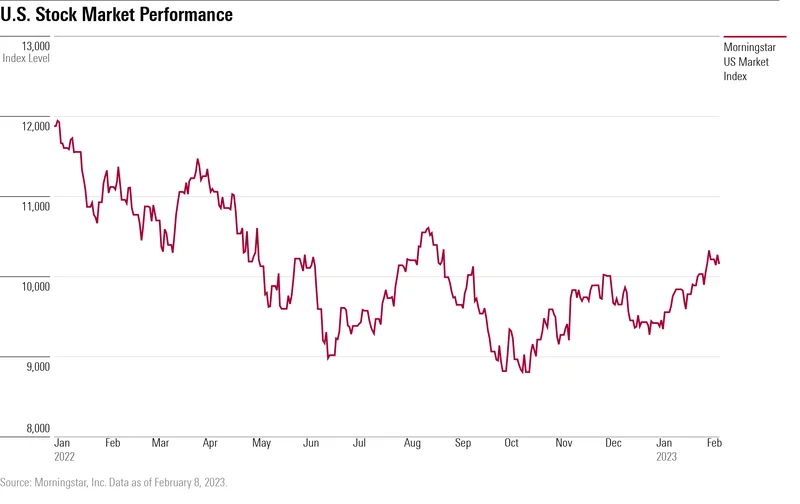How Reddit's Data Could Predict the Next Meme Stock (Before the Hedge Funds...
2025-11-03 14 stock market futures
The Unseen Hand: How Generative AI is Quietly Rewriting Hollywood's Creative Process
[Author Persona]: Nate Ryder
So, let me get this straight. The same executives in Hollywood who can’t greenlight an original idea to save their lives now think they’ve found God in a server rack. They’re whispering about "generative AI" in boardrooms like it's some kind of messiah for their P&L statements. They sell it to the public, and to the unions they're trying to break, as a "tool." A helpful little assistant for the real creatives.
Don't make me laugh.
Calling this stuff a "tool" is like calling a drone strike "assisted negotiations." It’s a sanitized lie. This isn't about helping writers; it's about rendering them obsolete. It's about sanding off every interesting, difficult, or human edge from a story until it’s a perfectly smooth, perfectly marketable, and perfectly soulless piece of "content." It's the final stage of a process that's been happening for decades: the complete triumph of the algorithm over the artist.
Let's be brutally honest about what this is. The push for AI in the creative process isn’t coming from visionary directors or groundbreaking writers. It’s coming from the guys in finance. The guys who see a writer's salary as a pesky expense that can be optimized away.
They want a magic box that can ingest the last 20 years of successful blockbusters and spit out a new script that hits all the same profitable beats. A hero's journey that’s been focus-grouped by a trillion data points. A love interest with algorithmically-approved quirks. A third-act battle that is the statistical average of every other third-act battle. This is a bad idea. No, 'bad' doesn't cover it—this is a five-alarm cultural dumpster fire.
Think of generative AI as the high-fructose corn syrup of storytelling. It’s cheap, it’s addictive, and you can pump it into everything to keep the costs down. It gives you the immediate sugar rush of familiarity, but it’s devoid of any real nutrition. And before you know it, the entire cultural diet is made of the same synthetic, homogenous sludge. I can just picture the new "writer's room": a single intern in a sterile, windowless office, staring at a monitor, the only sound the low hum of the server farm down the hall as they type prompts like "Give me Die Hard but with a golden retriever and make it appeal to the 18-34 female demographic." And honestly...
The arugment that it’ll just "handle the grunt work" is the oldest trick in the book. What, exactly, is the grunt work in writing? The messy first draft? The weird ideas that go nowhere? The frustrating search for the perfect line of dialogue? That’s not grunt work. That is the work. That’s where the humanity comes from. Who even owns the copyright to a story dreamed up by a machine that was trained on a library of stolen work? Good luck getting a straight answer on that one.

The sales pitch is always the same, whether it's for factory automation or script generation: "It's here to empower you!" They’ll release some glossy demo of a writer using an AI to brainstorm a scene, as if it’s just a super-powered version of a thesaurus. Give me a break.
The road from "AI suggests a plot point" to "AI writes the entire first draft" is terrifyingly short. First, it’s an assistant. Then, it’s a co-writer. Then, the human is just a glorified editor, brought in to punch up the dialogue an algorithm wrote. Finally, the human is just a name slapped on the cover for legal reasons, a rubber stamp on a product manufactured by a machine. It's a slow, insidious replacement, and the scariest part is that the studios are counting on us not to notice.
I messed around with one of these "writing assistants" once, just to see what the fuss was about. It produced a paragraph so bland, so utterly devoid of a unique voice, that it felt like it had been written by a committee of ghosts. It was grammatically perfect and emotionally vacant. It's like my phone's predictive text trying to write a eulogy. It knows the words, but it has absolutely no clue what they mean. And we're going to hand the future of our stories over to that? What happens to the next generation of storytellers who learn the craft not from human mentors, but from a machine that can only mimic what’s already been done?
Then again, maybe I'm the crazy one here. Maybe this is what people actually want. A predictable, endless stream of content that never challenges, never surprises, and never, ever fails to meet the quarterly growth projections. It's a grim thought. Offcourse, the executives are betting on exactly that kind of apathy.
The greatest moments in art are often mistakes. A flubbed line that a great actor turns into a character-defining moment. A weird plot turn that comes to a writer in a dream. A sudden, inexplicable flash of inspiration that breaks all the rules and creates something new. These are the "happy accidents" that make art feel alive.
An AI cannot have a happy accident.
An AI is a prediction engine. By its very nature, it is designed to produce the most statistically probable outcome. It is anti-accident. It is anti-surprise. It will give you a perfectly structured, perfectly paced, perfectly predictable story every single time. It will never give you the beautiful, chaotic, illogical mess that is genuine human creation. It will never write a scene that makes no logical sense but feels, on a gut level, completely true.
We’re on the verge of trading surprise for certainty, art for content, and soul for data. We’re building a future where our films and television shows are just echoes of themselves, a self-referential loop of data-driven nostalgia that gets blander with each iteration. And the unseen hand guiding it all won't be a muse or an inspiration; it'll be a line of code in a C-suite executive's dashboard, optimized for maximum engagement and minimum risk. What a sad, boring future that will be.
Look, this isn't some Luddite screaming about the new printing press. This is about the deliberate, systematic devaluing of the one thing that makes us human: our ability to tell new stories. It's the endpoint of treating art like a product on an assembly line. They're not building a tool; they're building a replacement for the human soul, and they're doing it because it’s cheaper. And the most depressing part? We'll probably watch it anyway.
Tags: stock market futures
Related Articles

How Reddit's Data Could Predict the Next Meme Stock (Before the Hedge Funds...
2025-11-03 14 stock market futures